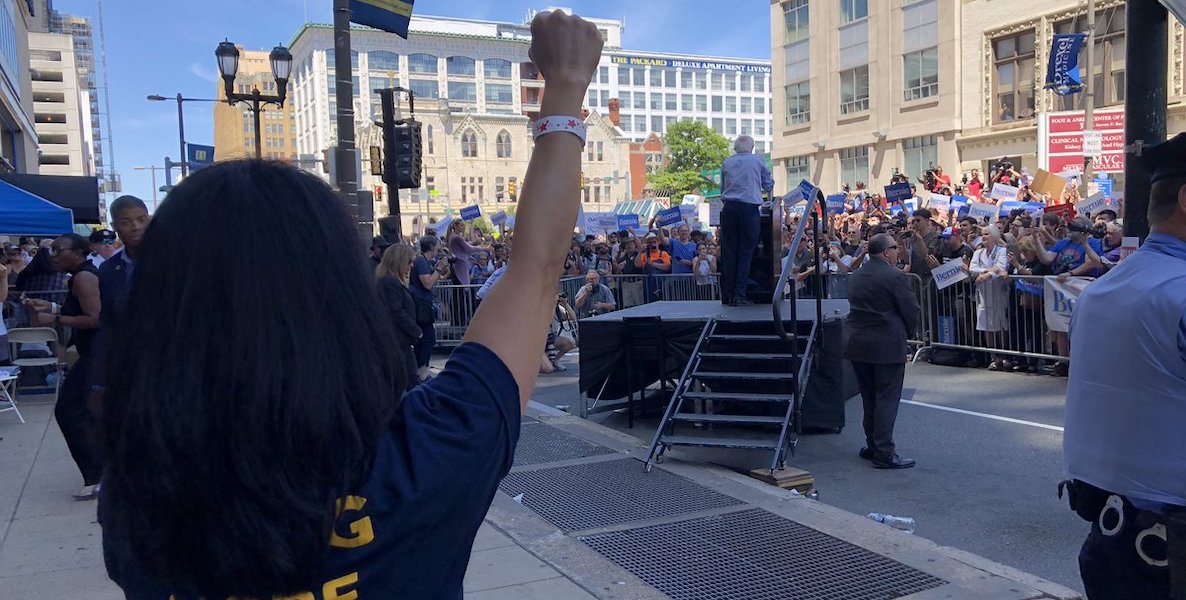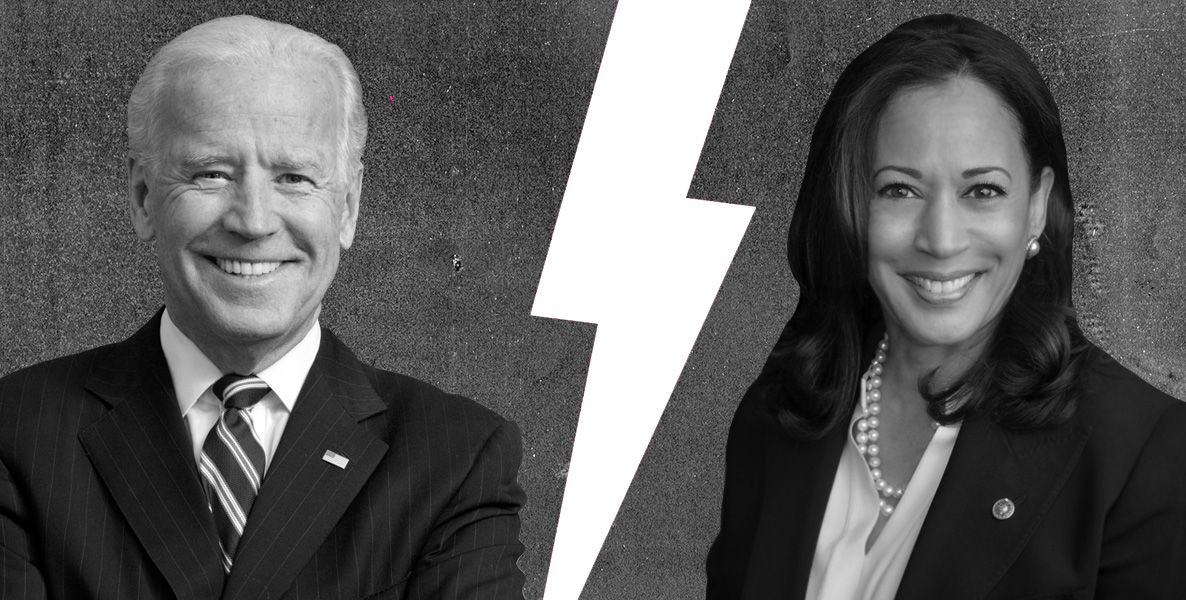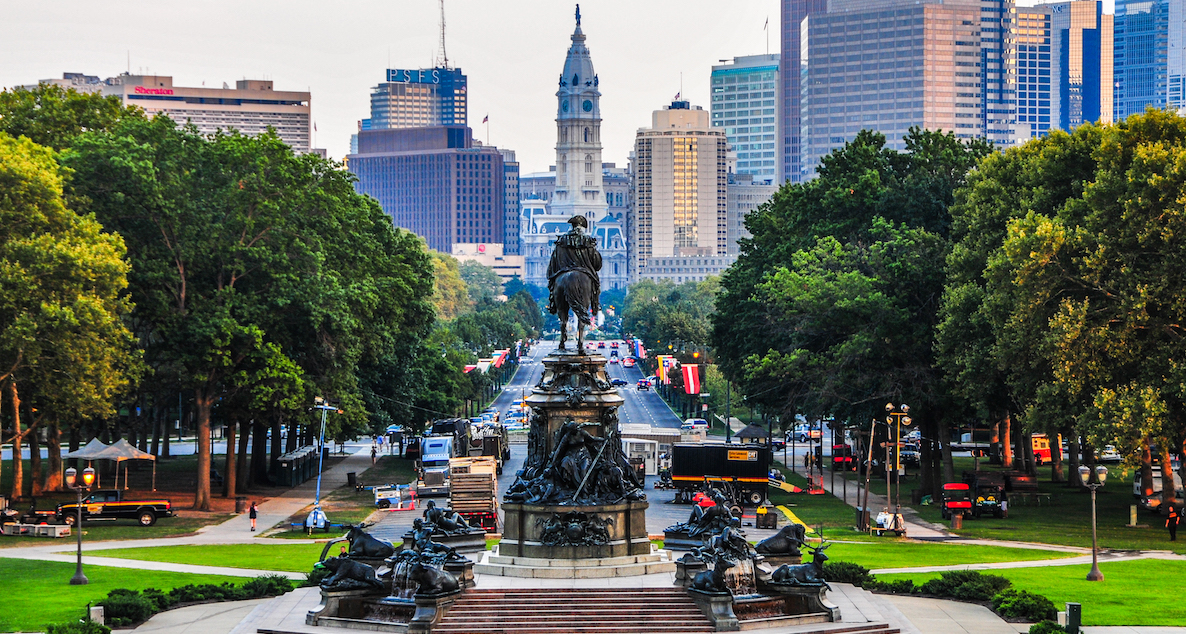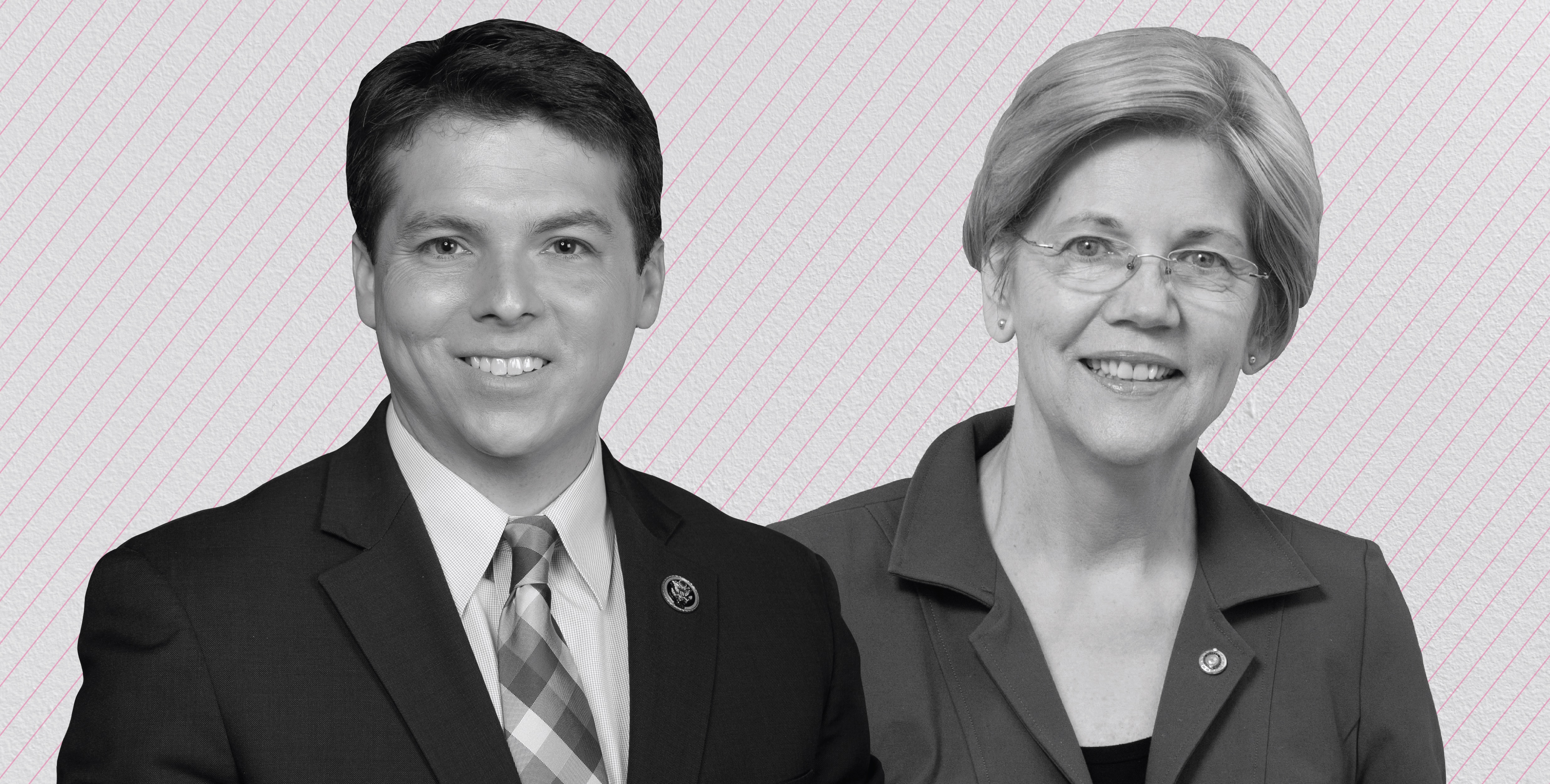Brendan Boyle is an atypical member of Congress. First, the 42-year-old, first elected in 2014, is quite literally not often even seen as a member of that once-august body. Instead, the baby-faced legislator has been known to be mistaken for a congressional staffer or intern by Capitol Hill security. But what also tends to set him apart from the House of Representatives pack is that he’s a student of history; nary a year into the Trump administration’s shredding of constitutional norms, he doled out to his staff some required reading: The Federalist Papers.

Prefer the audio version of this story? Listen to this article in CitizenCast below:

Yes, Boyle is a progressive, and a favorite of Philly labor. But it isn’t ideology or backroom machinations that seem to get him excited, so much as ideas. Which brings us to last year, and his co-sponsorship in the House of Senator Elizabeth Warren’s Accountable Capitalism Act. Warren’s presidential campaign slogan is “I have a plan for that,” and many of her policy proposals—like a hefty wealth tax—square with her reputation as a redistributionist. Indeed, in many ways, Warren can be caricatured as an old-school tax and spend liberal who confuses growing government with growing jobs. But the legislation Boyle signed on to only seems like it was ripped out of the Democratic Socialist playbook.
If a company’s sole fiduciary relationship is to its shareholders, if nothing else matters but the return on their investment, you get what we’ve gotten—companies that move factories overseas to increase profits, damn the consequences back home; founding entrepreneurs who live in fear of shareholder revolt, and ever-widening gaps between the haves and have-nots.
Warren would establish an Office of United States Corporations inside the Department of Commerce and require the nation’s roughly 4,000 companies with over $1 billion in revenue to obtain a federal charter of corporate citizenship. The charter would require those corporations to do as B Corps have done—extend their fiduciary responsibility beyond shareholders to community, employees and environment. Under Warren’s legislation, among other provisions, workers would elect 40 percent of a company’s directors, and any political expenditure made by a company would require the approval of three-quarters of its shareholders. “What are the obligations of corporate citizenship in the U.S.?” Warren asked in a Wall Street Journal op-ed last year.
![]()
The Accountable Capitalism Act would directly address the scourge of “shareholder primacy,” the foremost systemic cause behind our “greed is good” corporate ethos. If a company’s sole fiduciary relationship is to its shareholders, if nothing else matters but the return on their investment, you get what we’ve gotten—companies that move factories overseas to increase profits, damn the consequences back home; founding entrepreneurs who live in fear of shareholder revolt, and ever-widening gaps between the haves and have-nots.
![]()
Once Warren unveiled her legislation, pundits in the business class howled that she was seeking to seize the means of production. But Boyle knew better. He understood that, as Jay Coen Gilbert, co-founder of the nonprofit behind the B Corp movement, has written for The Citizen, there is a new strain of purpose-driven capitalism that seeks to redress the excesses of crony capitalism.
And, student of history that he is, Boyle also recognized that, as Mariana Mazzucato argues in The Entrepreneurial State: Debunking Public vs. Private Sector Myths, government has long played a role not just as a regulator of market excess but also as a partner in shaping opportunity. In short, Boyle realized we’d seen what Warren was up to before. Like, 85 years ago.
“Republicans in the 1930s called Franklin Delano Roosevelt a socialist, but what he really did was save capitalism,” Boyle says. “We’re at a similar point now, with a massive concentration of wealth. We need to make capitalism work for everyone.”
Forty years ago, less than half of the earnings of American corporations went to shareholders; that number is now at a whopping 93 percent. Meantime, the average CEO today makes 361 times what the average worker makes, up eightfold since 1980.
Back in the ‘30s, Roosevelt was criticized by socialists such as Father Coughlin for being, as they saw it, too incremental and resisting the overthrow of free enterprise itself. Roosevelt held fast to mending, and not ending, capitalism. “One of my principal tasks is to prevent bankers and businessmen from committing suicide,” he said.
With the Accountable Capitalism Act, Boyle and Warren—despite some of Warren’s other positions—are channeling Roosevelt. How desperate are we for reform? Forty years ago, less than half of the earnings of American corporations went to shareholders; that number is now at a whopping 93 percent. Meantime, the average CEO today makes 361 times what the average worker makes, up eightfold since 1980. Shareholder primacy, they argue, traces directly to today’s twin economic ills: Income and wealth inequality.
Capitalism, after all, has lifted 1 billion people out of poverty worldwide over the last decade, according to the International Monetary Fund. No, the real problem is that too many so-called capitalists essentially believe in capitalism for me, but not for thee.
As Denise Hearn and Jonathan Tepper argue in The Myth of Capitalism: Monopolies and the Death of Competition, the problem isn’t, as the Democratic Socialists will tell you, with capitalism itself. Capitalism, after all, has lifted 1 billion people out of poverty worldwide over the last decade, according to the International Monetary Fund. No, the real problem is that too many so-called capitalists essentially believe in capitalism for me, but not for thee.
![]()
“If you believe in competitive free markets, you should be very concerned,” they write. “If you believe in fair play and hate cronyism, you should be worried. Fake capitalism CEOs cozy up to regulators to get the kind of rules they want and donate to get the laws they desire. Larger companies get larger, while the small disappear, and the consumer and worker are left with no choice…”
![]()
Hearn and Tepper give us the damage, and it’s devastating: “At 40 of the 100 largest U.S. airports, a single airline controls a majority of the market…Two corporations control 90 percent of the beer Americans drink. Five banks control about half of the nation’s banking assets. Many states have health insurance markets where the top two insurers have an 80 percent to 90 percent market share…When it comes to high-speed Internet access, almost all markets are local monopolies; over 75 percent of households have no choice with only one provider. Four players control the entire U.S. beef market and have carved up the country. After two mergers this year, three companies will control 70 percent of the world’s pesticide market and 80 percent of the U.S. corn-seed market. Google completely dominates internet searches with an almost 90 percent market share. Facebook has an almost 80 percent share of social networks. Both have a duopoly in advertising with no credible competition or regulation. Amazon is crushing retailers and faces conflicts of interest as both the dominant e-commerce seller and the leading online platform for third-party sellers. It can determine what products can and cannot sell on its platform…”
Clearly, it’s beyond question that capitalism needs reforming. But there’s this thing known as the Twentieth Century that tells us that socialism doesn’t hold that promise. And modern-day Nordic social democracies are not the paragon of egalitarianism Bernie Sanders would have you believe.
Sadly, Warren doesn’t talk much about the Accountable Capitalism Act on the Democratic primary stump, presumably because making capitalism work for everyday Americans isn’t red meat for the base. But Boyle and she just might be on to a viable general election platform, if they can get away from the unrealistic feel-good platitudes of expanding entitlements by increasing handouts—Medicare for All, free college—and instead focus on reforming capitalism and unleashing that energy on Main Street America. To borrow from a certain sloganmaker’s greatest hits, it’s time to Make America Fairer Again.
Photo graphic by Lucy Ferry






